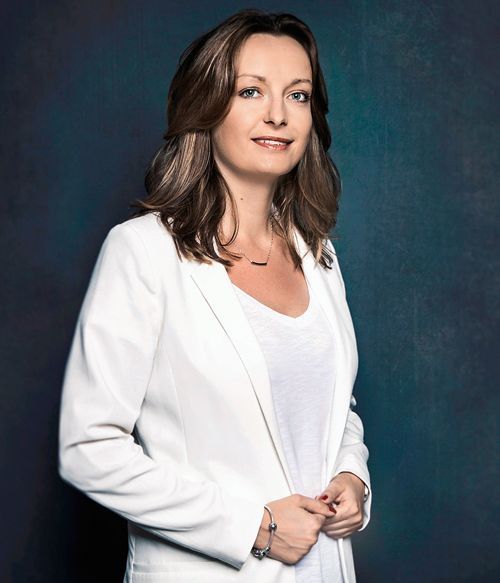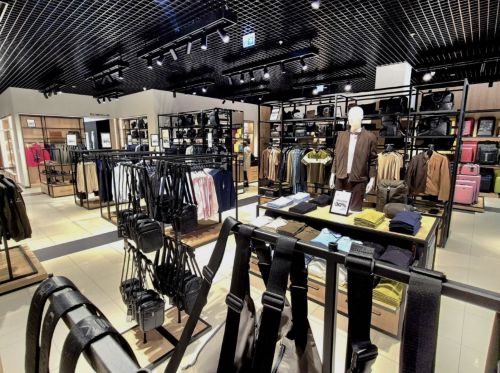The committee investigating the causes of the fire has uncovered a certain degree of negligence, including a failure to properly train security personnel. This clearly indicates how important all preventative measures are when it comes to fire safety – and these include the technology used, the building management and the human factor. “According to reports, the fire and smoke systems at the Winter Cherry shopping centre were disabled or blocked. The mall was neither monitored nor protected, so the alarms, extinguishers, smoke extractors and aerating devices did not work. Furthermore, the emergency exits were blocked. I know of no such examples in Poland where there might be a similar combination of such factors,” says Paweł Klimczak, the H&S and FM operations practice leader at Cushman & Wakefield.
This is amply demonstrated by the video footage uploaded onto the internet. Smoke can be seen filling a large room reducing the visibility to zero in a matter of seconds. It can on





























































